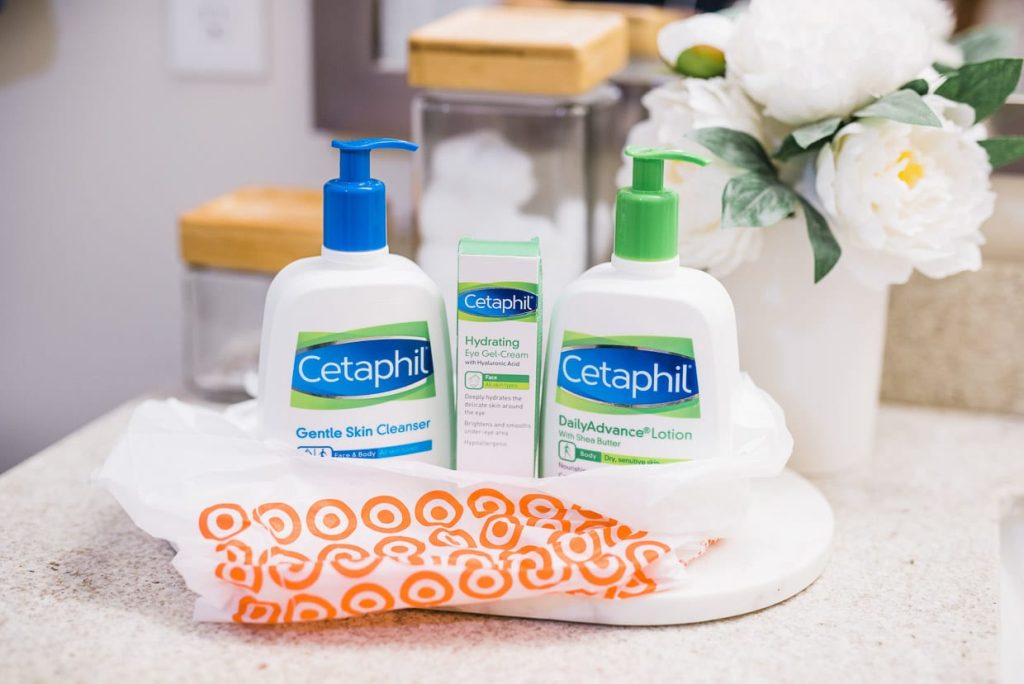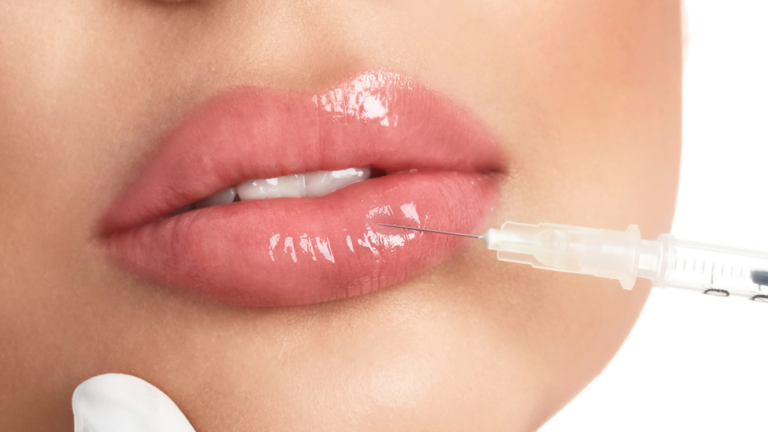Does cetaphil test on animals? 2024 Cruelty-Free Status
Cetaphil is a popular skincare brand known for its gentle, non-irritating formulations. As a conscientious consumer, you may be wondering: Does Cetaphil test on animals?
The short answer is no, Cetaphil does not conduct animal testing. However, as a brand sold globally, Cetaphil has a complex stance on animal testing that deserves a deeper look. Let’s analyze Cetaphil’s current animal testing policies and certification standards to determine if this drugstore favorite is truly cruelty-free.
Cetaphil’s Official Stance on Animal Testing
Contents
- Cetaphil’s Official Stance on Animal Testing
- Why Isn’t Cetaphil 100% Cruelty-Free?
- What Cruelty-Free Status Does Cetaphil Have?
- Has Cetaphil Ever Tested on Animals?
- What Is Cetaphil’s Current Animal Testing Policy?
- Does Cetaphil Test on Animals in 2024?
- Cetaphil’s Responsible Ethical Stance on Animal Welfare
- Can You Use Cetaphil Products If You Follow a Cruelty-Free/Vegan Lifestyle?
- FAQs
On Cetaphil’s website and product packaging, you’ll find the statement “Against Animal Testing.” This seems to indicate that Cetaphil does not test ingredients or final products on animals.
Galderma Laboratories, L.P. is the company that owns Cetaphil. The company states: “Galderma does not test its products or product ingredients on animals. Galderma does not delegate nor authorise animal testing on its behalf by external partners.”
This policy seems straightforward. However, there’s an important caveat. The policy continues:
“Galderma conducts testing to satisfy the regulatory requirements for safety substantiation by health authorities where required by law. In certain countries, the health authorities carry out their own animal testing to establish product safety.”
Essentially, while Cetaphil doesn’t actively test on animals, the brand cannot control whether third-parties conduct animal testing to comply with regulations in certain countries. This testing may occur without their permission or knowledge.
Why Isn’t Cetaphil 100% Cruelty-Free?
Cetaphil, along with its parent company Galderma, likely aren’t pursuing cruelty-free certification due to differing global regulations surrounding animal testing. Certain countries legally require animal testing to ensure product safety before allowing a cosmetic to be sold.
For example, China requires animal testing by law on all imported cosmetics. To sell Cetaphil in China, Galderma cannot guarantee no animal testing. Hence, Cetaphil avoids “cruelty-free” labels that would be misleading globally.
Many brands with non-cruelty-free status have made similar arguments to Cetaphil. While not ideal for ethical consumers, this compromise allows Cetaphil to market their products worldwide with transparency about their animal testing policies.
What Cruelty-Free Status Does Cetaphil Have?
Currently, Cetaphil does not hold any cruelty-free or vegan certifications from recognized animal rights organizations like Leaping Bunny or PETA.
Cetaphil has not been certified as cruelty-free by independent organizations probably due to their disclaimer that necessary animal testing could occur during mandatory regulatory checks. To be cruelty-free certified, Cetaphil would need to eliminate the possibility of required animal testing completely.
Has Cetaphil Ever Tested on Animals?
To the best of our knowledge, Cetaphil and Galderma have not actively performed animal testing on ingredients or products. The company seems truthful regarding their internal animal testing policies.
Of course, given differing global regulations, Galderma cannot control what happens to their products when third-party safety checks occur. While unfortunate, this means health agencies in certain countries may legally conduct animal tests using Cetaphil products without Galderma’s consent.
What Is Cetaphil’s Current Animal Testing Policy?
Cetaphil’s current animal testing policy is:
- Cetaphil and parent company Galderma do not perform animal testing themselves or contract external companies to do so where not required by law. This includes ingredient and raw material suppliers.
- Galderma cannot control animal testing conducted during mandatory regulatory checks in certain countries that legally require it. They must comply with differing global regulations to make their products accessible worldwide.
In essence, Cetaphil avoids active animal testing whenever possible, but it is impossible to guarantee that all of the countries where they sell their products don’t also test them on animals. This nuance prevents them from achieving cruelty-free status.
Does Cetaphil Test on Animals in 2024?
Cetaphil’s overall animal testing policy remains unchanged as of 2024. While not cruelty-free certified, the brand does not actively test on animals via their own internal protocols.
However, as mentioned, specific countries legally mandate animal testing of cosmetics without a brand’s permission. By selling products worldwide, Cetaphil cannot control what happens to their items when required regulatory checks occur in these nations.
The necessary animal testing that may happen during mandatory checks means Cetaphil still cannot claim to be 100% cruelty-free in 2024. Nonetheless, the brand offers a wide range of products for sensitive skin, like relief lotions. However, it avoids internal animal testing procedures where possible while operating realistically on a global scale.
Cetaphil’s Responsible Ethical Stance on Animal Welfare
Though not cruelty-free, Cetaphil still approaches animal testing in an ethical, responsible manner compared to many brands. Key reasons they deserve credit:
- No internal animal testing. Cetaphil maintains clear guidelines against internal animal testing on ingredients and finished products whenever they can legally avoid it.
- Transparency to consumers. By stating “against animal testing” on packaging, Cetaphil offers honesty about policies and global regulatory nuances preventing cruelty-free status.
- Ethical global accessibility. Cetaphil wishes to make their affordable, gentle formulas accessible worldwide to those needing them. This forces accommodation of mandatory testing by certain countries.
- Support for alternative safety checks. Parent company Galderma advocates for broader acceptance of alternative non-animal tests to replace outdated animal methods. This could help Cetaphil become cruelty-free worldwide someday.
So while not 100% cruelty-free currently, Cetaphil exhibits greater commitment to animal welfare than many global brands. Their realistic animal testing policies aim to develop quality skincare ethically on a global scale.
Can You Use Cetaphil Products If You Follow a Cruelty-Free/Vegan Lifestyle?
Whether you feel comfortable using Cetaphil products as a cruelty-free/ethical consumer comes down to personal choice.
- For strict cruelty-free lifestylers, Cetaphil is likely off-limits. Their disclosure that necessary animal testing could occur means they don’t suit vegans requiring cruelty-free certification from PETA/Leaping Bunny.
- For pragmatic cruelty-free consumers, Cetaphil’s honest animal testing explanations may provide enough assurance to continue using the brand. Cetaphil avoids testing themselves when possible and cannot control external regulations. Their ethical stance could suffice if you take an adjustable view towards necessary overseas animal testing policies.

FAQs
Is Cetaphil cruelty free?
No, Cetaphil does not currently have any cruelty-free certifications from organizations like Leaping Bunny or PETA. This means they cannot guarantee their products are not tested on animals during mandatory regulatory checks in certain countries they sell in. So while Cetaphil does not actively test on animals themselves, just like Cerave, they are not considered 100% cruelty-free.
Is Cetaphil vegan?
No, Cetaphil products are not certified vegan at this time. Some Cetaphil products may happen to be vegan, but the brand does not make any vegan claims or have vegan certification. Their animal testing policies necessary for global distribution also mean Cetaphil does not suit strict vegan lifestyles requiring cruelty-free cosmetics.
Is Cetaphil organic?
No, Cetaphil products are not certified organic personal care items. They use gentle cleansers and moisturizers suitable for sensitive skin, but do not currently market any offerings as official organic skincare.
Does Cetaphil Australia test on animals?
No, Cetaphil Australia follows parent company Galderma’s global animal testing policy. This means Cetaphil Australia does not perform animal testing themselves. However, Cetaphil Australia cannot control any potential animal testing conducted during regulatory checks of their products when mandatory by law in that country. So while sold widely there, Cetaphil Australia itself does not actively test on animals.
Overall, while not 100% cruelty-free, Cetaphil offers transparency about their animal testing restrictions. Their realistic approach aims for global accessibility without actively pursuing animal testing themselves whenever avoidable. Hopefully, Cetaphil’s commitment to non-animal safety checks could earn them cruelty-free certification worldwide someday soon.

Founded by Sophia Rodriguez, IGXO Cosmetics is a PETA-certified, cruelty-free, and vegan makeup brand.





